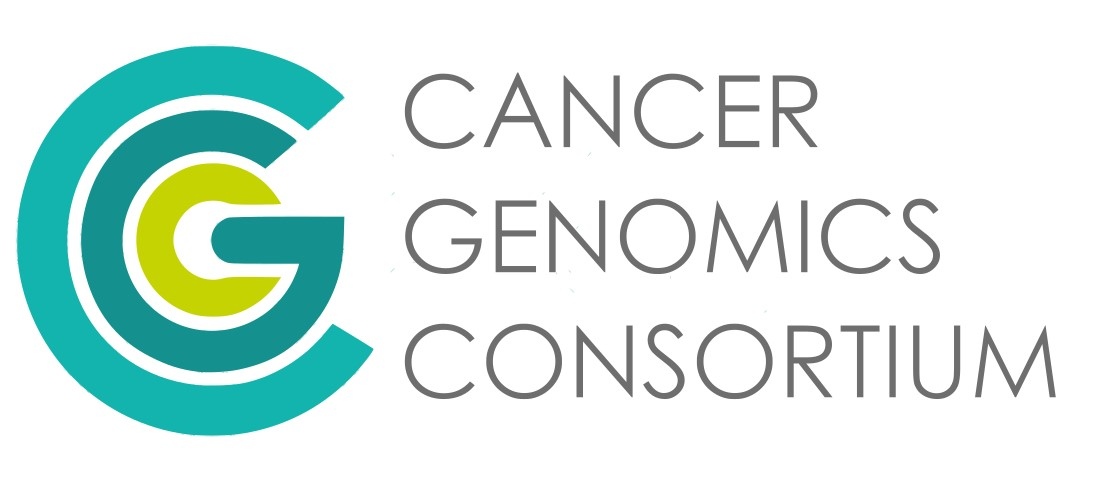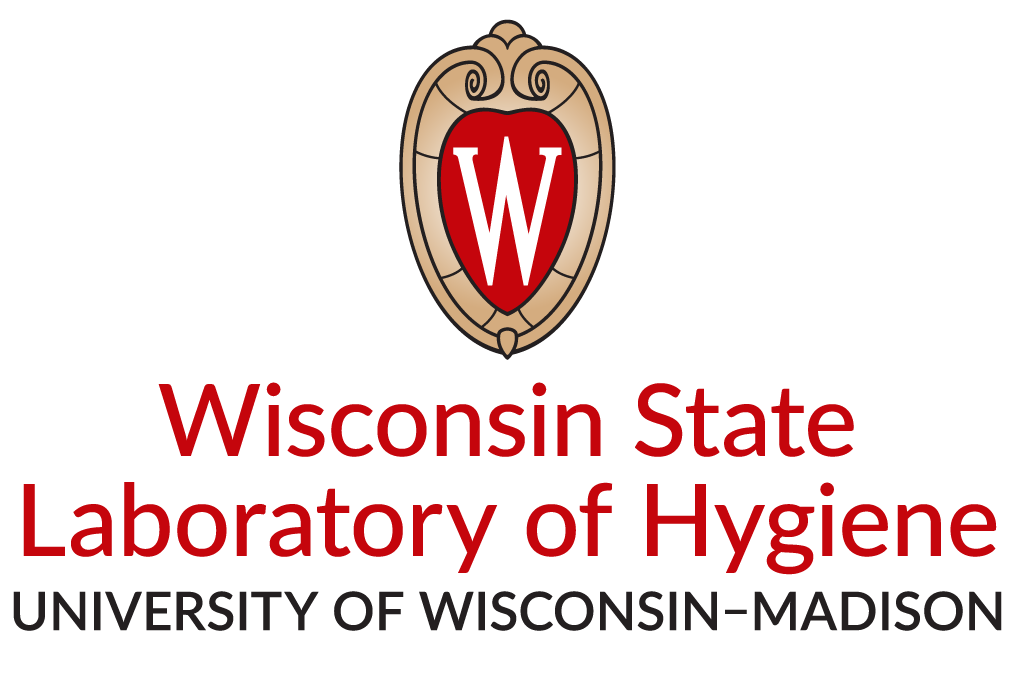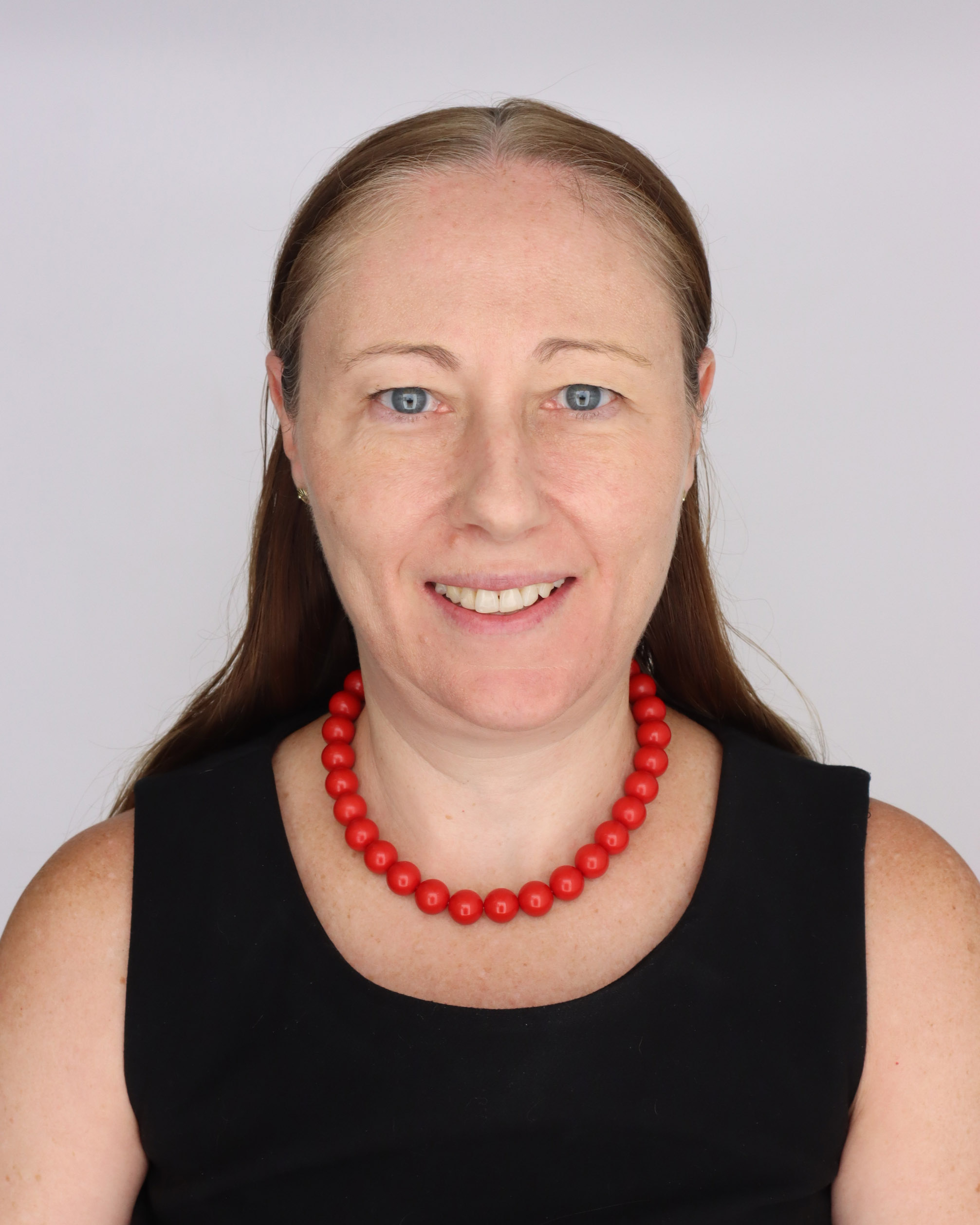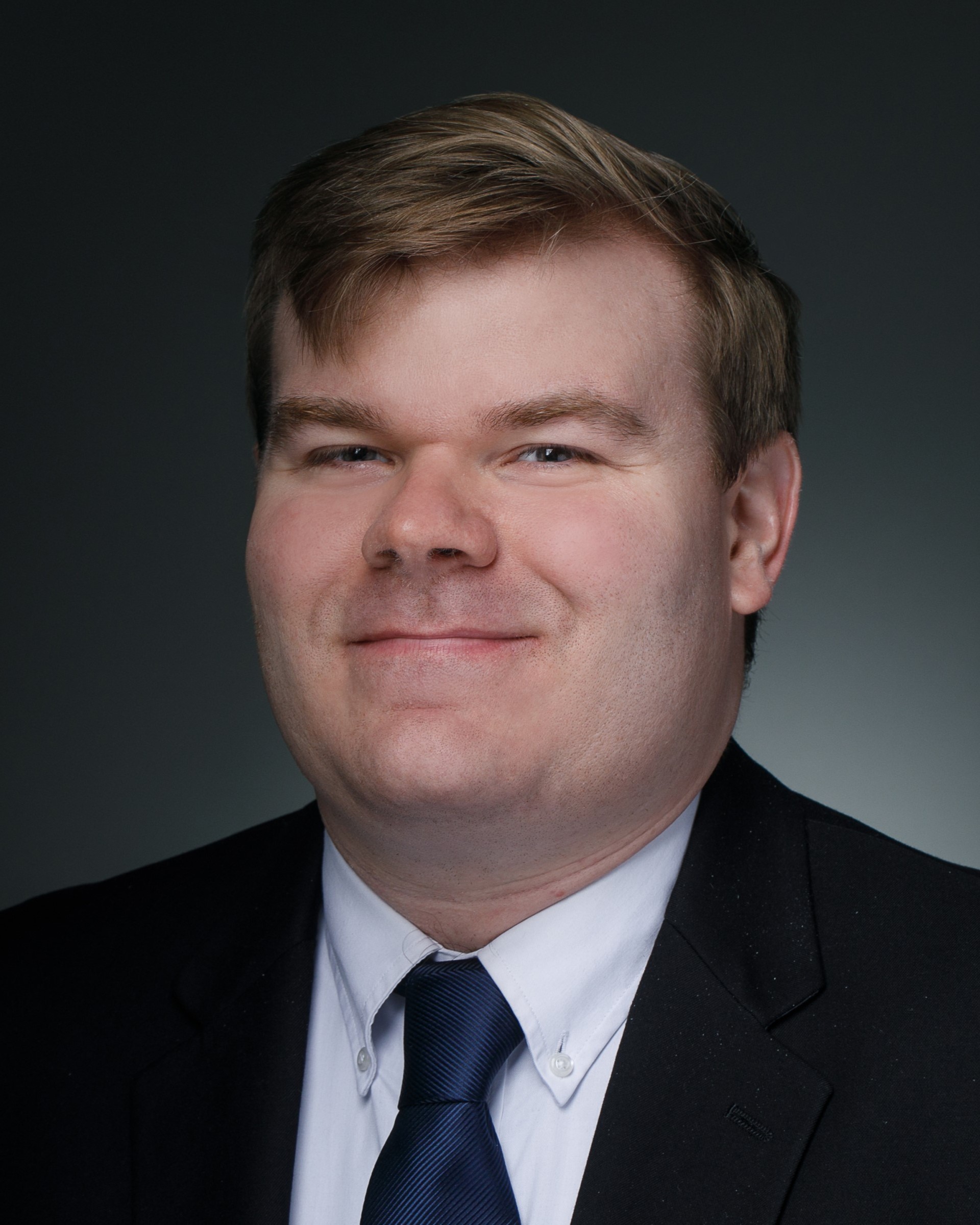CGC Webinars and Special Seminars
The Cancer Genomics Consortium is committed to providing high quality educational opportunities for members of the clinical genomics community. The CGC Webinar Series focuses on topics of high interest for CGC members, including implementation of new technologies in clinical genetic/genomic testing, standards and resources for interpretation of variants, germline predisposition to cancer, and novel approaches for detection of variants in constitutional and cancer samples. The CGC is also proud to offer Early Career webinars focused on subjects of interest to individuals in training or an early stage of their careers. Additionally, the CGC will continue the Genomics Case Conference Series, in collaboration with UW Collaborative Genomics Conference, in 2026. This lecture series provides a format for showcasing interesting and educational cases and consulting with colleagues about challenging test results.
CGC industry partners CLICK HERE for information about supporting or sponsoring CGC Webinars.
The CGC Webinar Series is part of the CGC's commitment to providing high quality education that serves to enhance and expand the knowledge of clinical cancer genomics professionals for the better utilization of genomic technologies for clinical laboratory testing.
CGC Early Career Webinars are an initiative of the CGC Early Career Committee designed to meet the career and technical skill development needs of those in training or recently out of training.
This monthly series, sponsored by the CGC and the University of Wisconsin Collaborative Genomics Conference, offers staff and trainees an opportunity to present interesting cases to an international audience.
The Cancer Genomics Consortium is approved as a provider of continuing education programs in the clinical laboratory sciences by the ASCLS P.A.C.E.® Program.
Guidelines for the testing and reporting of cytogenetic results for risk stratification of multiple myeloma: a report of the Cancer Genomics Consortium Plasma Cell Neoplasm Working Group
Tuesday, January 27, 2026
10:00 AM PST / 1:00 PM EST
Fluorescence in situ hybridization (FISH) remains the gold standard clinical assay to detect genetic abnormalities in multiple myeloma (MM). However, FISH panel design, use of conventional chromosome banding analysis and reporting practices have been reported to vary among laboratories. Therefore, standardization in FISH testing and reporting practices is needed to improve report clarity and avoid misinterpretation.
In this webinar, Dr. Linda Baughn will introduce the recommendations published by the Cancer Genomics Consortium Plasma Cell Neoplasm Working Group, which is comprised of cytogenetic laboratory directors and clinical investigators with expertise in the diagnosis, risk stratification, and treatment of multiple myeloma. Prior to developing these consensus recommendations, they performed a full literature review and conducted a survey of 102 oncologists to assess current variations and challenges in MM cytogenetic/FISH testing and reporting. The guidelines establish best practices for the optimization of FISH panel selection, and recommendations for standardized reporting of cytogenetic results to align with the 2025 International Myeloma Society (IMS)/International Myeloma Working Group (IMWG) Updated Risk Stratification.
Level of Instruction: Intermediate
Learning Objectives: At the end of this session, participants will be able to:
- Describe the current variability in fluorescence in situ hybridization (FISH) panel design, chromosome banding analysis, and reporting practices for multiple myeloma across clinical laboratories.
- Apply the consensus-based recommendations from the Cancer Genomics Consortium Plasma Cell Neoplasm Working Group to optimize FISH panel selection and standardize cytogenetic reporting in multiple myeloma.
- Integrate standardized FISH testing and reporting practices with the 2025 International Myeloma Society (IMS)/International Myeloma Working Group (IMWG) Updated Risk Stratification to improve diagnostic clarity and patient management.
Linda Baughn, PhD, FACMG
Linda Baughn is a board-certified cytogeneticist and molecular geneticist and is a co-director of the Mayo Clinic clinical genomics laboratory. In addition to her clinical activities, Dr. Baughn has a focused interest in understanding the genetics of multiple myeloma and has been engaged in multiple myeloma translational research since 2004.
Introduction to Flow Cytometry: Principles, Cases, and Genetic Correlates
Tuesday, January 20, 2026
8:00 AM PST / 11:00 AM EST
Flow cytometry is a crucial diagnostic tool in the field of hematopathology, allowing elucidation of the immunophenotypic profile of lymphoma/leukemia entities, particularly acute leukemia. One of its strengths is relatively rapid turnaround time (TAT), on the order of hours, providing quick diagnostic information, especially for time-sensitive diagnoses such as new acute leukemias and aggressive lymphomas.
In this webinar Dr. Stephen Stalls will first review the principles of flow cytometry and the appearance of normal peripheral blood/bone marrow flow specimens, then review a few cases of commonly seen diagnoses in hematopathology practice, incorporating genetic findings into these cases.
Level of Instruction: Intermediate
Learning Objectives: At the end of this session, participants will be able to:
- Discuss principles of flow cytometry
- Identify characteristics of normal populations within blood and bone marrow on flow cytometry
- Analyze flow cytometry cases of a few common diagnoses in hematopathology practice
Stephen Stalls, MD
Dr. Stephen Stalls is a native of eastern North Carolina. Several of his close family members had a cancer diagnosis, including a sister who is an acute lymphoblastic leukemia (ALL) survivor. These experiences originally led him to a career in medicine, to help others suffering from cancer. He completed medical school and residency training close to home, at ECU Health in Greenville, North Carolina. After residency training, he and his wife enjoyed the experience of living in a new area for one year as he completed hematopathology fellowship at Yale New Haven University. He is grateful to have been hired as an assistant professor of hematopathology at MUSC in lovely Charleston, SC.
One of the primary reasons he was drawn to hematopathology is the beauty of weaving together different modalities to solve a diagnostic puzzle (including morphology, IHC stains flow cytometry, and genetic data), which is characteristic of this subspecialty. In his spare time, he loves reading and spending time with his family; he and his wife love going to concerts and traveling.
Mentors, Moments, and Mistakes: Stories that shaped my career
Wednesday, February 25, 2026
9:00 AM PST / 12:00PM EST
The CGC Early Career Committee will host a Fireside Chat on February 25, 2026 designed specifically for early career professionals. This engaging session will feature candid and insightful conversations with seasoned professionals in cancer genomics, as they share the defining moments that shaped their careers, the mentors who guided them, and the lessons learned from both successes and setbacks. Through real-life stories and practical wisdom, our speakers will offer a behind-the-scenes look at navigating the dynamic and evolving landscape of clinical cancer genomics. Designed specifically for early career professionals, this webinar provides actionable advice, inspiration, and strategies to help you overcome obstacles, seize opportunities, and build a meaningful career in this exciting field.
Panelists:
Yassmine Akkari, PhD, FACMG
Professor and Senior Director, Clinical Laboratory
Nationwide Children’s Hospital
Jane Houldsworth, PhD
Professor and Vice-Chair of Division of Molecular Pathology at Mount Sinai Health System
Icahn School of Medicine at Mount Sinai
Honey Reddi, PhD, FACMG
Chief Laboratory Officer
Belay Diagnostics
Building on the remarkable success of this educational series, the CGC Education committee is excited to continue the monthly case conference series offered in collaboration with the UW Collaborative Genomics Conference in 2026.
This lecture series focuses on topics of high interest for CGC members and attendees of the UW Collaborative Genomic Conference, including implementation of new technologies in clinical genetic/genomic testing, standards and resources for interpretation of sequence and copy number variants, germline predisposition to cancer, and novel approaches for detection of structural variants in constitutional and cancer samples. The CGC is currently accepting cases for inclusion in the 2026-2027 Case Conference Series.
These conferences will allow CGC members to: showcase their interesting and educational cases, promote their clinical and research work, consult with colleagues about challenging test results, earn CE credits at no charge through the University of Wisconsin–Madison Interprofessional Continuing Education Partnership (ICEP), and identify collaborators with similar cases and shared clinical or research interests. Additional benefits for trainees include winning the 'Best Case Presentation' award and the option to submit a case report for publication in the Cancer Genetics journal.


2026 Collaborative Genomics Case Conference Series Webinars
Tuesday, January 13, 2026
1:00 PM CT/ 2:00 PM ET
Maternal findings from Atypical NIPS Test Results
Leah Frater-Rubsam, PhD
Y Chromosome Rearrangements
Megan Forrest, PhD
VIEW JANUARY CASE CONFERENCE ANNOUNCEMENT
Tuesday, February 10, 2026
1:00 PM CT/ 2:00 PM ET
Information about the February Case Conference Coming Soon
To attend, click the button below
to join the conference:
Meeting ID: 945 6708 1449
Passcode: CGC2025-26
- Register for an account with the University of Wisconsin Interprofessional Continuing Education Partnership (UW-ICEP)
- Per new ACCME’s Standards-UW Madison, ALL attendees must text the code every time to confirm attendance, (deadline to text the code is 48 hours after the end of the conference). Instructions for texting your attendance will be provided at the event.
- Complete the online evaluation (must be completed within 45 days after the conference).
- You can track your participation through your account with ICEP.



